The Azabu Residence Collection has its native setting in a luxury apartment built in 1988, tucked away in the quiet Nishi-Azabu residential district in Tokyo.
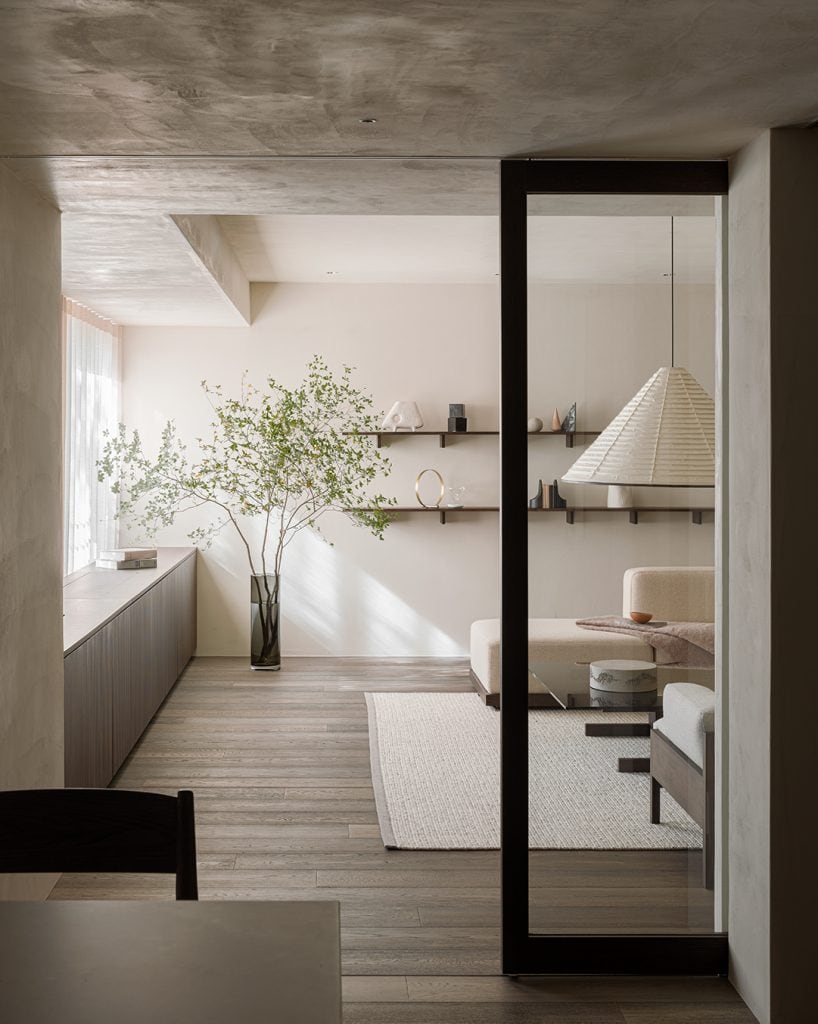
The Azabu Residence is the fourth case study project of Japanese furniture brand “Karimoku Case Study” and is conceived in close collaboration between “Norm Architects” and “Keiji Ashizawa Design“. The latest additions to the collection of fine wooden furniture pieces are created as part of this complete renovation project and have its native setting in a luxury apartment built in 1988, tucked away in the quiet Nishi-Azabu residential district of Tokyo.
The apartment was built on a spacious and airy plot, rarely seen in Tokyo today. The greenery surrounding the entrance is meticulously maintained by gardeners and welcomes visitors in a harmonious way that establishes a sense of calm and connection to nature in the middle of the city.
Similar to the previous Case Study projects, the Azabu apartment combines Japanese and Scandinavian design principles and aesthetics. A shared belief in the use of natural materials and a muted color palette lies as the foundation of the project, characterized by the focus on tactile, soft-minimal and timeless qualities.
The Azabu Residence Project is completed in muted, dark tones enhancing and embracing the intimacy of shadows. The spacious but dimly lit apartment is a cozy, human-centric and protective dwelling away from the noise of the city. A calm and embracing interior for contemplation and private family life.
“Regardless of the dark tones used to unify the space, the beauty of this home stands out in the morning and early afternoon, with the contrast of direct sunlight peeking into the space, and at night, when the ambiance of the space is created by an elaborate artificial light scheme.”
Keiji Ashizawa
One of the core elements of the Case Study brand is the study of design and architectural history and the inspiration for many of the projects has been sparked by field trips to architectural sites, gardens, parks and temples in both Japan and Denmark.
The Azabu project was designed shortly after a trip to the Americas and the inspiration of mid-century American and Brazilian modernism is evident in use of warm dark natural materials and wooden wall paneling, lush carpets and tactile upholstery, in the case translated into a new and dark version of a Japanese-Scandinavian interior.
“With the use of stone, dark wood and textured textiles, the interior plays on inspiration from mid-century American Modernism. The living areas with a small bar niche, the open plan kitchen, lush carpets and bulky comfortable furniture draws inspiration from an array of elements – from the Japanese inspired Schin – dler House in Los Angles to the extravagant New York apartments featured in the series Mad Men”
Frederik Werner, Norm Architects
“Another main narrative in the interior design is inspired by the well-known Japanese book by Jun’ichirō Tanizaki, “In Praise of Shadows”, that was recommended to us by Keiji Ashizawa on one of our first field trips in Japan. In Scandinavia we often work with bright white walls to enhance daylight, but through the writings of Jun’ichirō Tanizaki, we understood the value of dark, dim places and chose to celebrate and enhance the nature of the site, which resulted in a dark monochrome material palette.”
Jonas Bjerre-Poulsen, Norm Architects
Over discussions with Norm Architects, we agreed that the unique ambiance of this building should be incorporated in the interior design.“
Keiji Ashizawa
Dinner Table – A-DT02 by Keiji Ashizawa Design
The angle at which the cross section of each leg is attached gives the table a unique structural elegance and supports the tabletop, superseding the need for aprons. When placed in a context, the wooden table seems to float in effortless interplay with its surroundings, elevating the atmosphere and character of the space. In spite of its size, the table appears light and discreet, allowing the organic form of the chairs placed around it to stand out.
Bench – A-B01 by Keiji Ashizawa Design
The bench was designed to accommodate the need of a multipurpose piece, both comfortable used for seating but with aesthetic capabilities befitting a display stand. The thin edges of the seat and legs gives the piece a light and exclusive appearance while the transverse strut connected to the seat with a delicate steel rod, ties the construction together visually and functionally, creating a sense of overall harmony.
Modular Sofa – N-S02 by Norm Architects
The N-S02 modular sofa is built of a solid wooden base and soft upholstery. Rounded cushions invite the user into its universe whilst a dark timber frame with exquisite crafted joinery details compliments the design and underlines a production heritage so unique to Karimoku, Japan.
“It has been important for us to create a sofa with a strong identity and a welcoming expression — we wanted to keep it soft and relaxed, but with curves and lines that are still defined and architectural.”
Jonas Bjerre-Poulsen, Norm Architects
Bespoke Wall Shelf by Norm Architects
Repetition and patterns often have a calming and relaxing effect. They have designed the bespoke wall shelves with this in mind. A simple, yet elegant modular system with the possibility to extend the shelves infinitely.
“We have strived to create a minimal product that has a sculptural, warm and architectural expression — it should be functional and beautiful, whether few or many items are on display.”
Frederik Werner, Norm Architects
Architects and Designers: Keiji Ashizawa, Kenji Kawami, Frederik Werner, Jonas Bjerre-Poulsen Developer: NTT Urban Development Corporation, ReBITA Inc.
Furniture manufacturer: Karimoku Case Study Kojima Shouten
Artist: shunshun
Client: Private
Location: Tokyo, Japan, Azabu Residence
Completed: Winter, 2020/2021
Photography: Karimoku Case Study
About NORM ARCHITECTS >> online
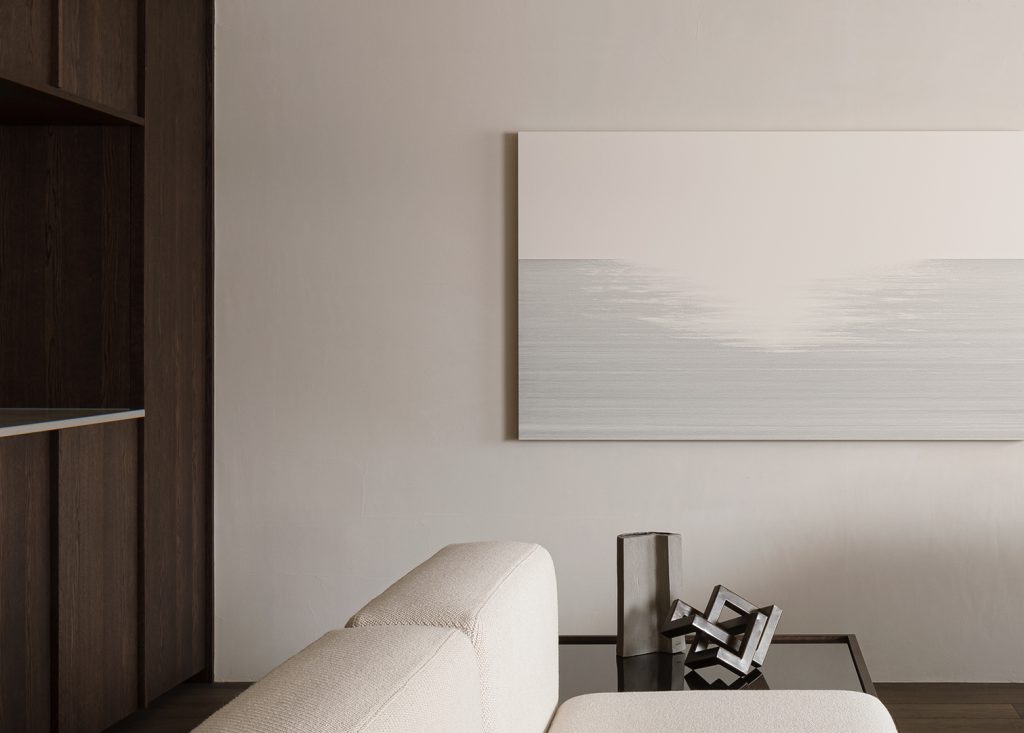

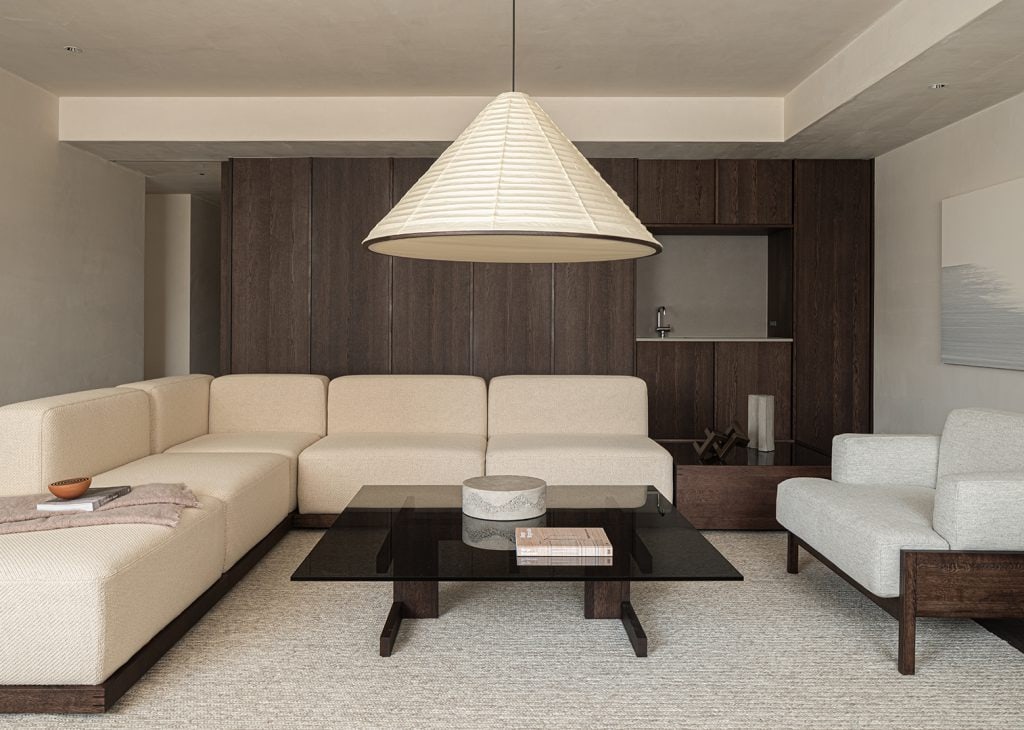
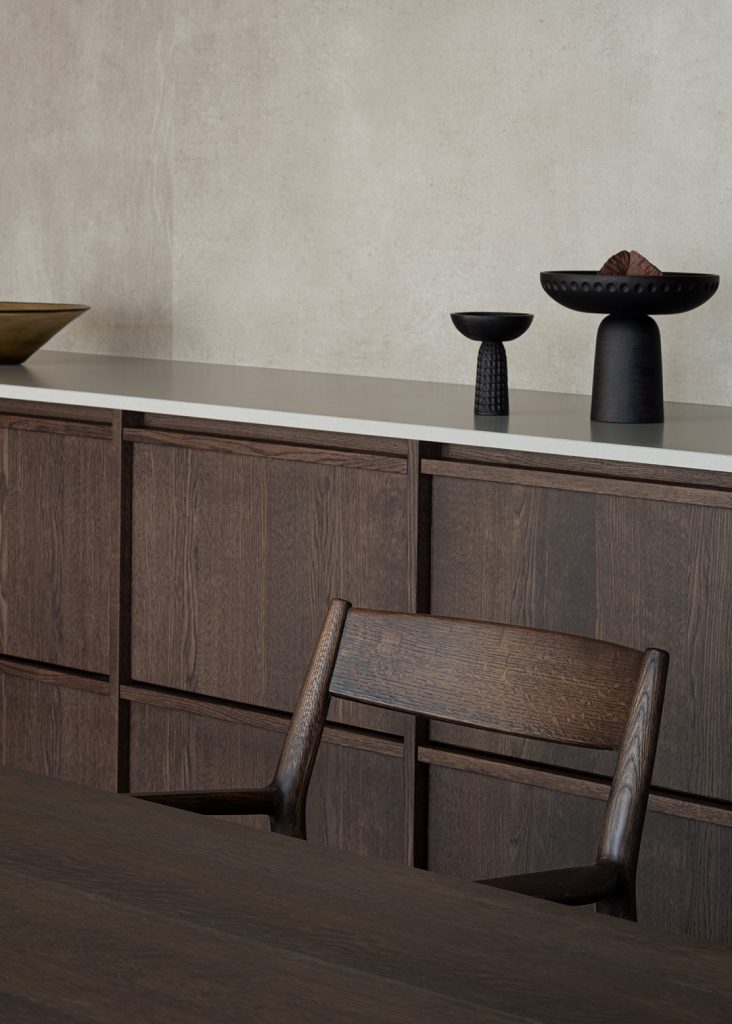
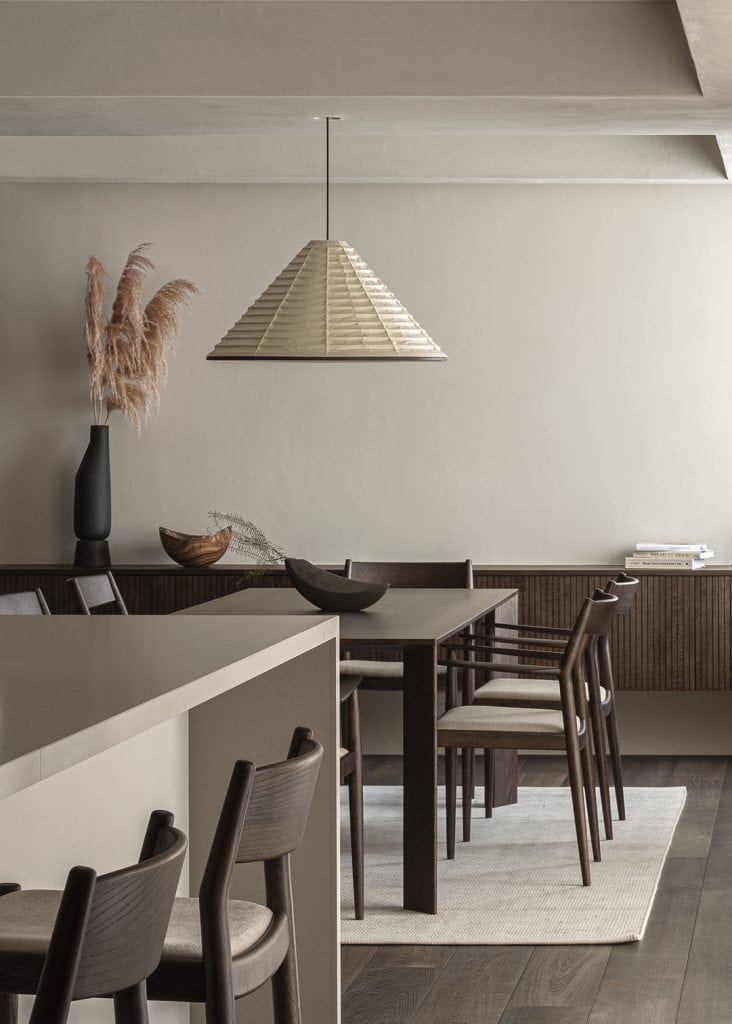
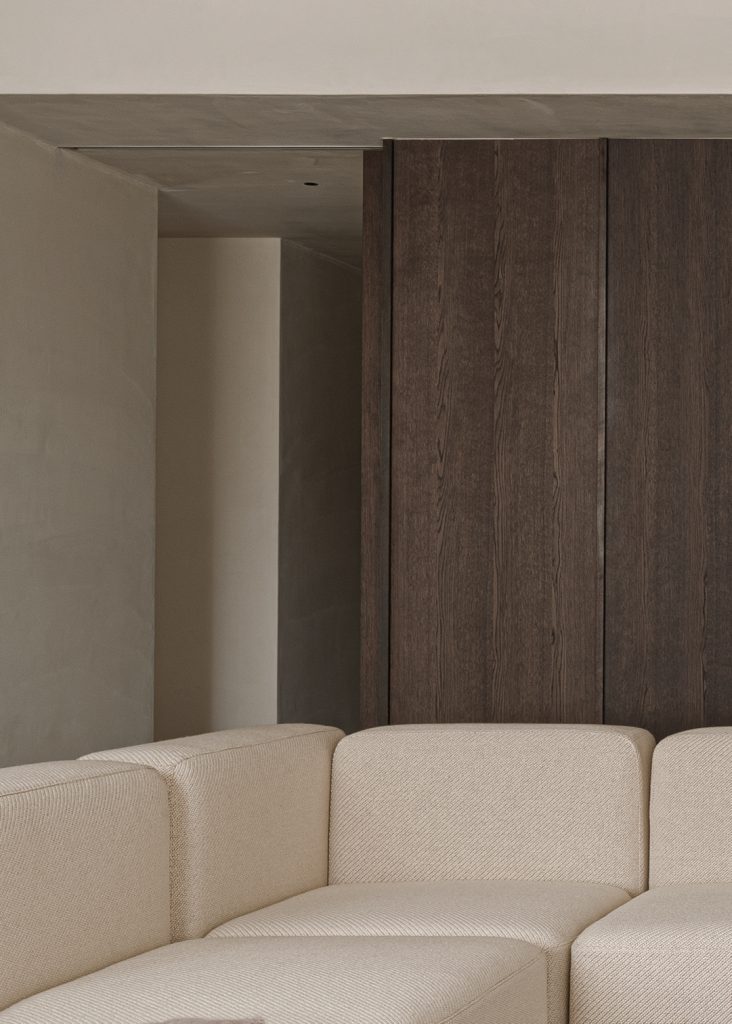
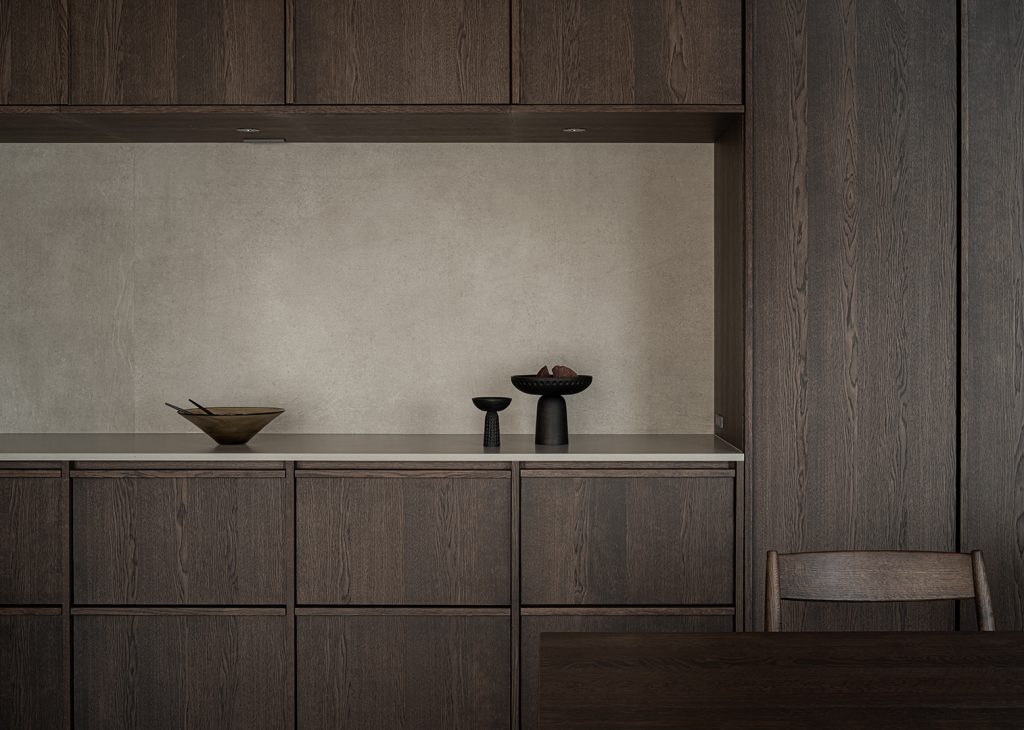
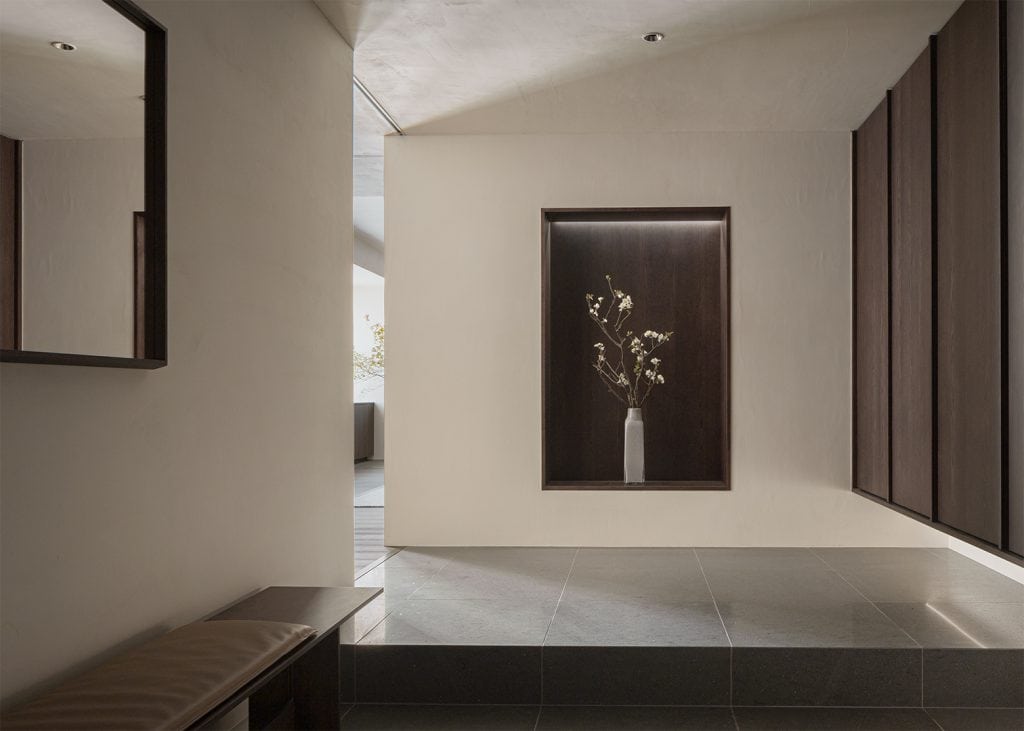
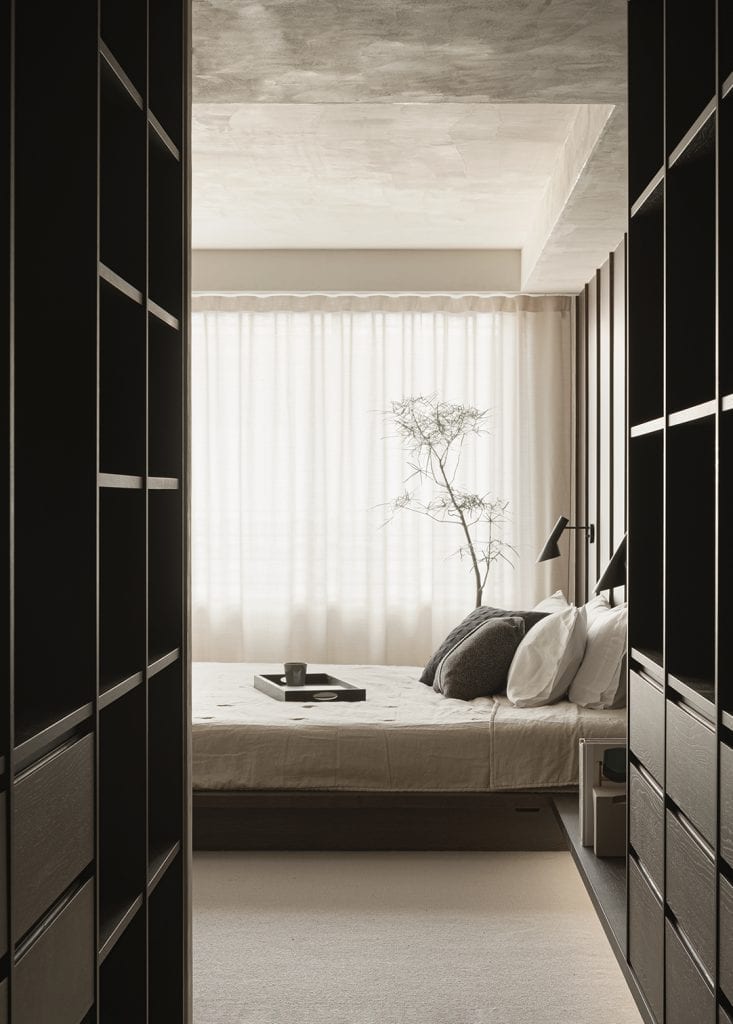
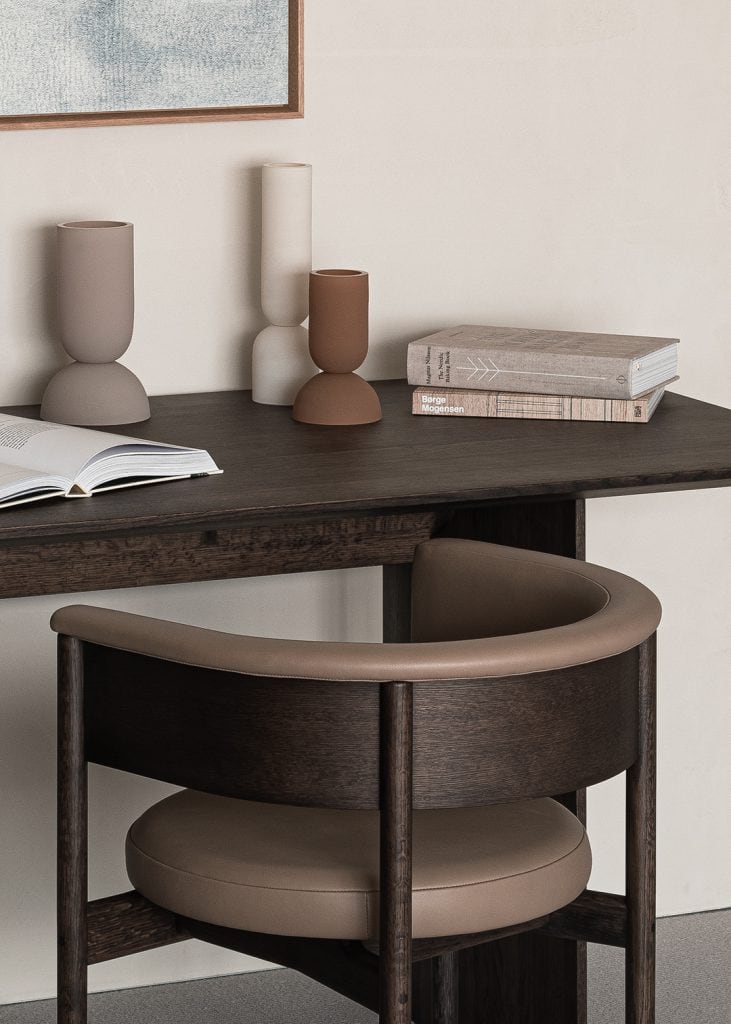
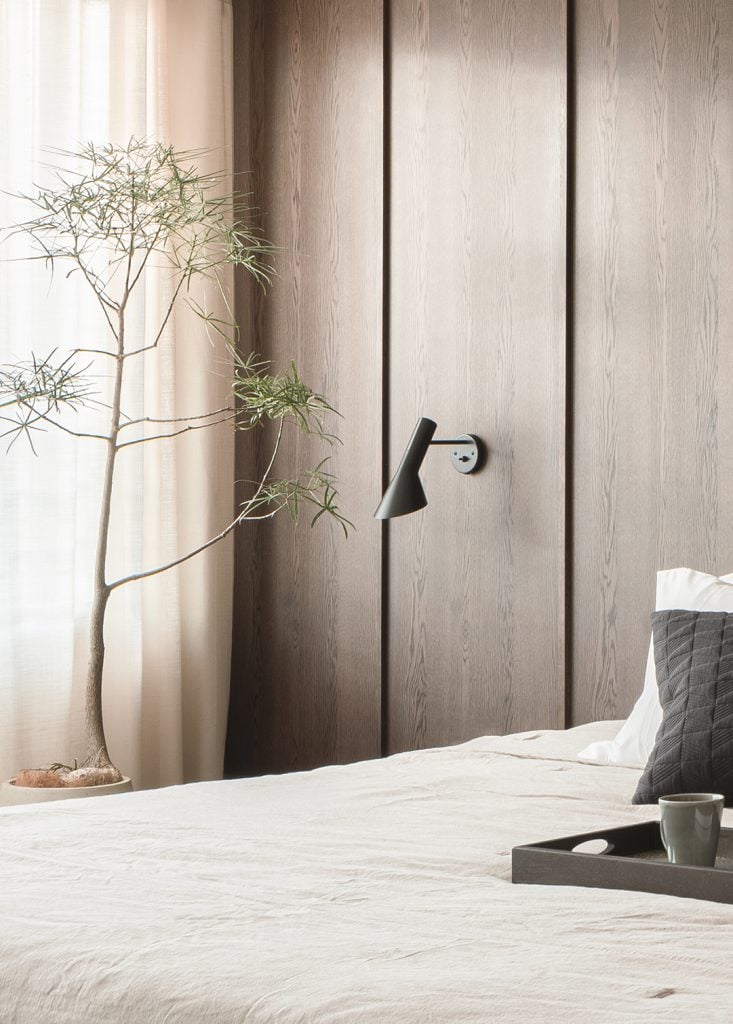
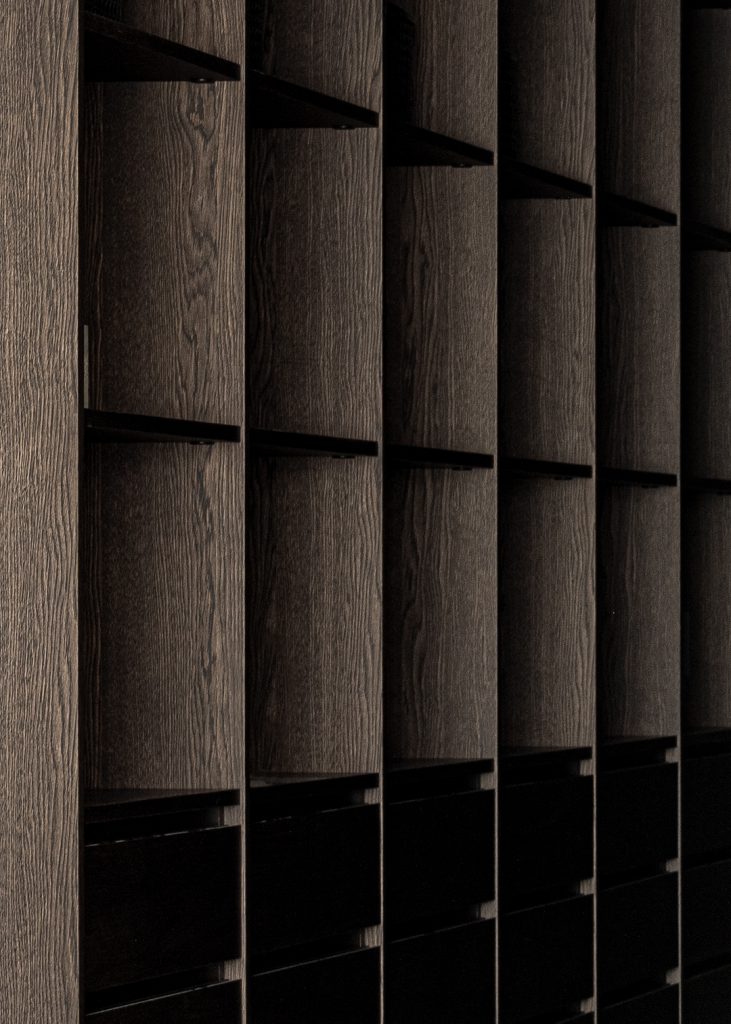
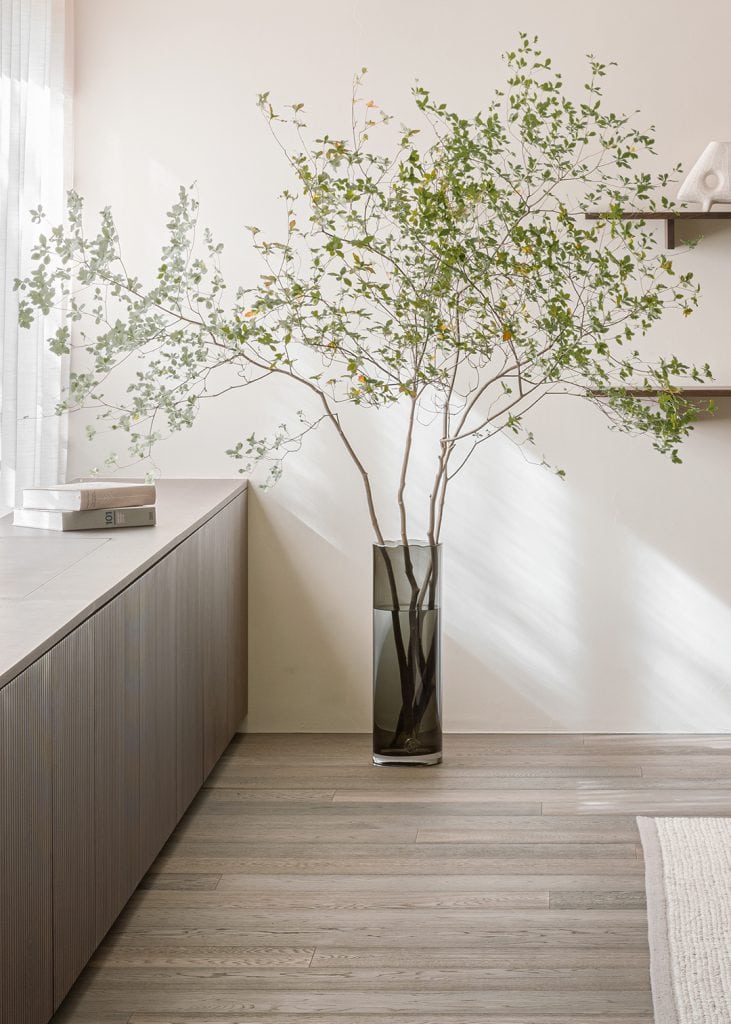
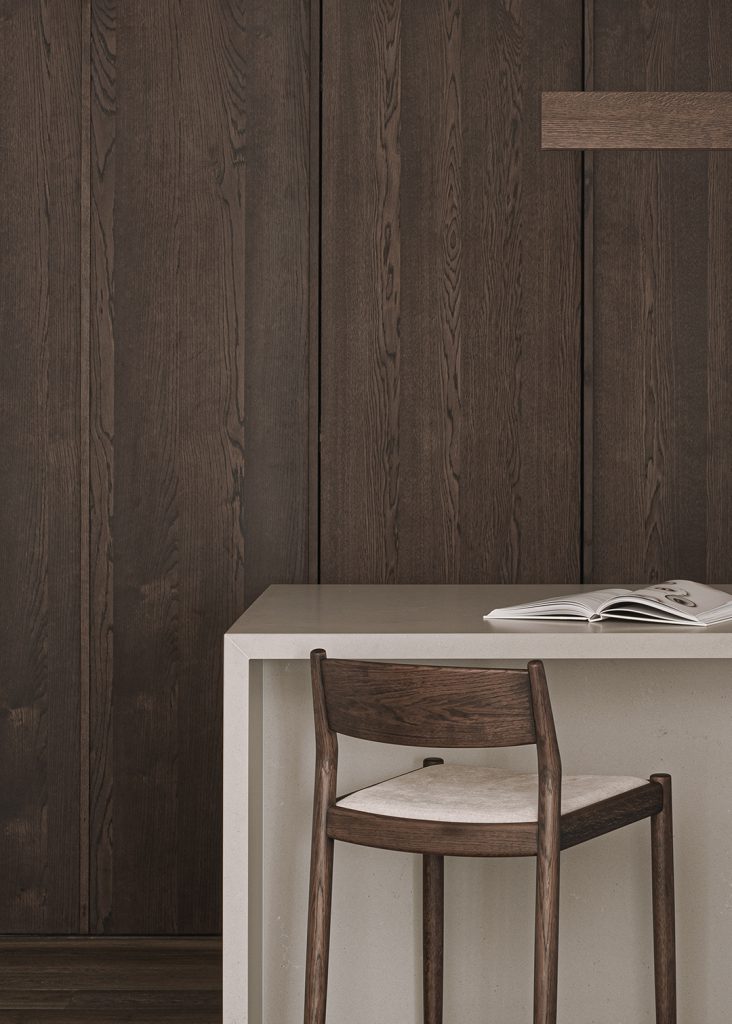
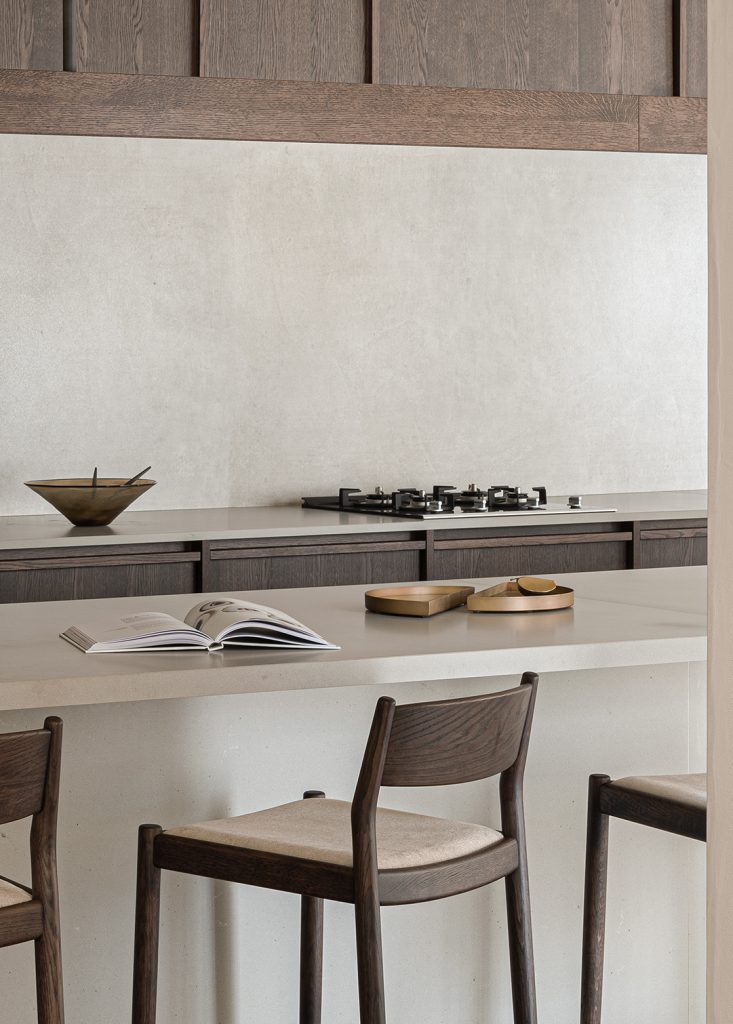
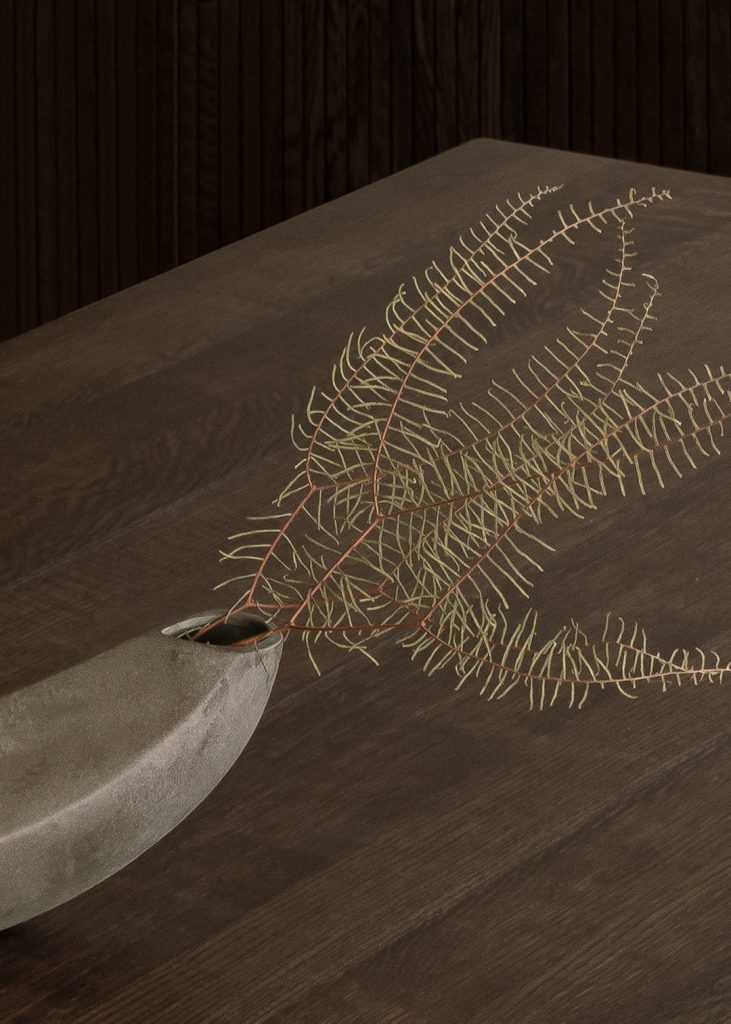
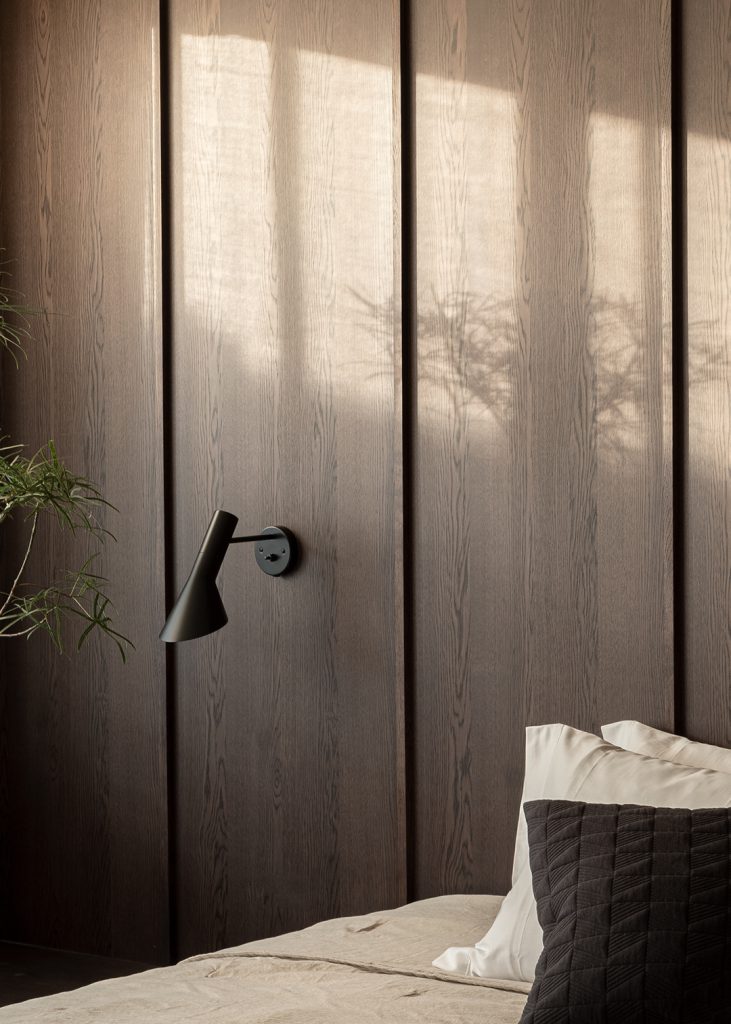
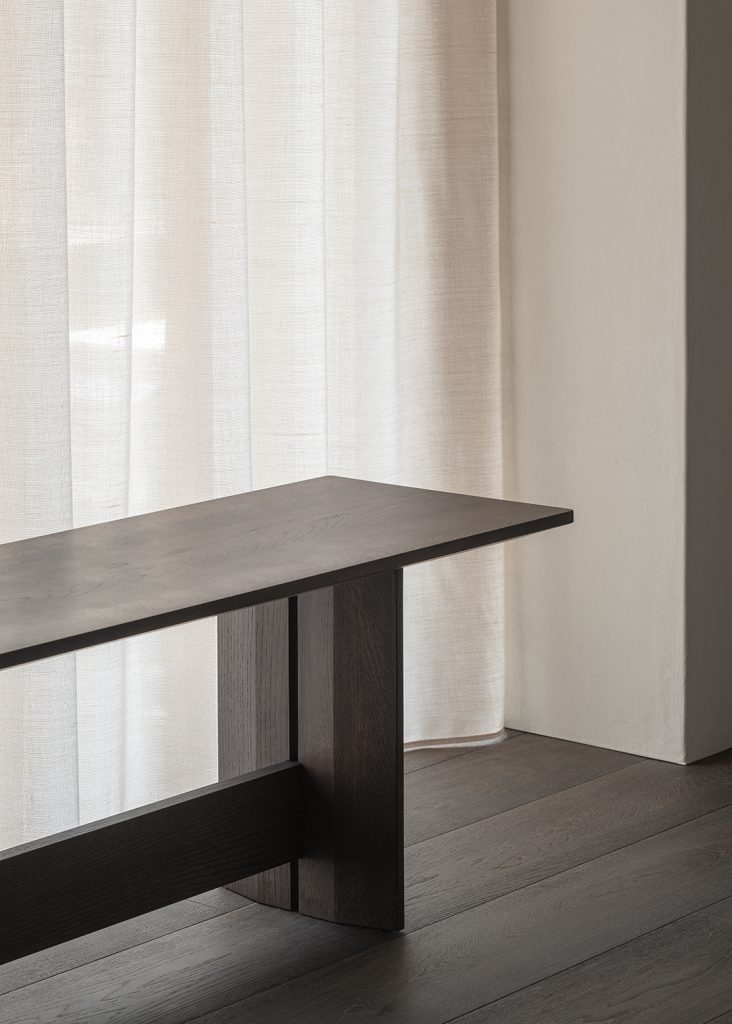
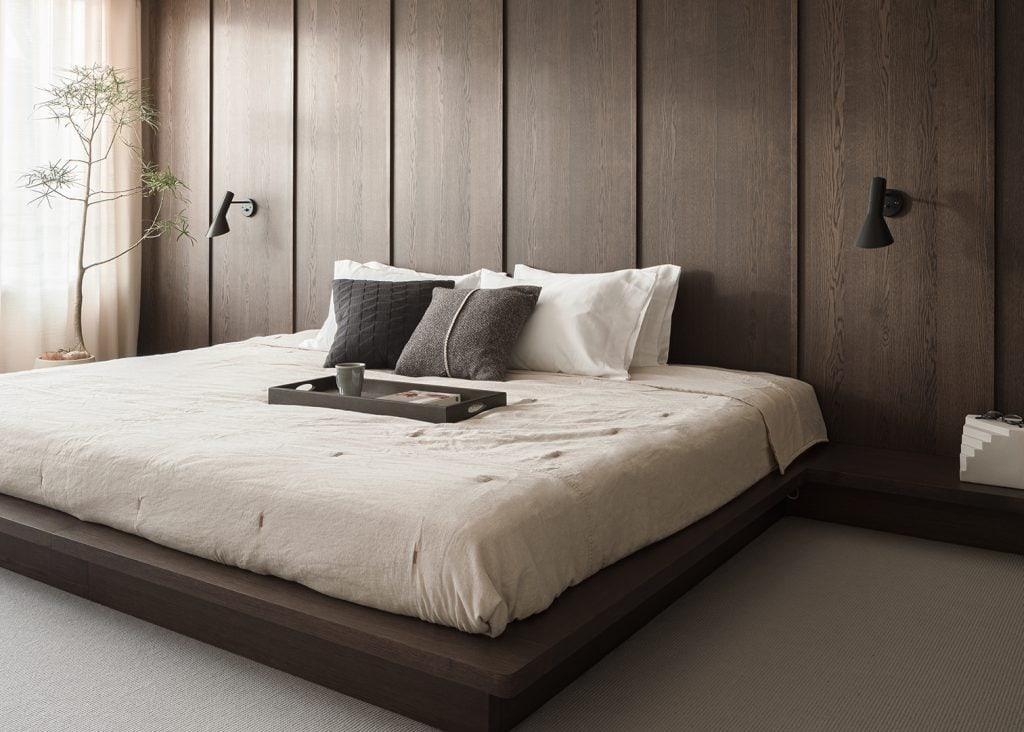
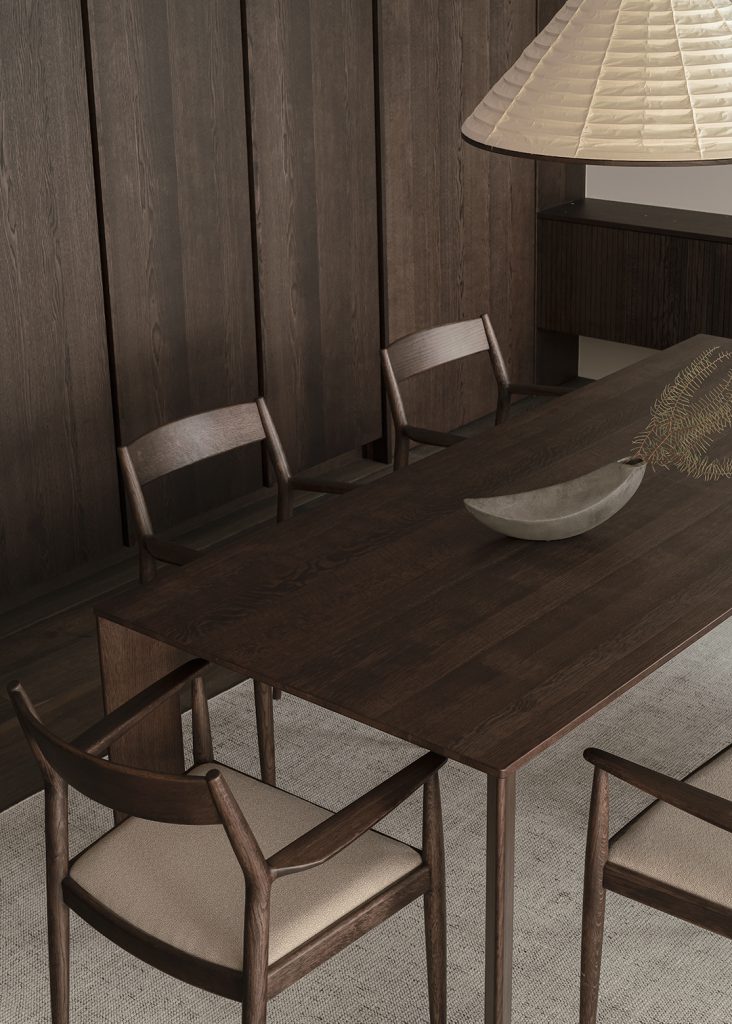
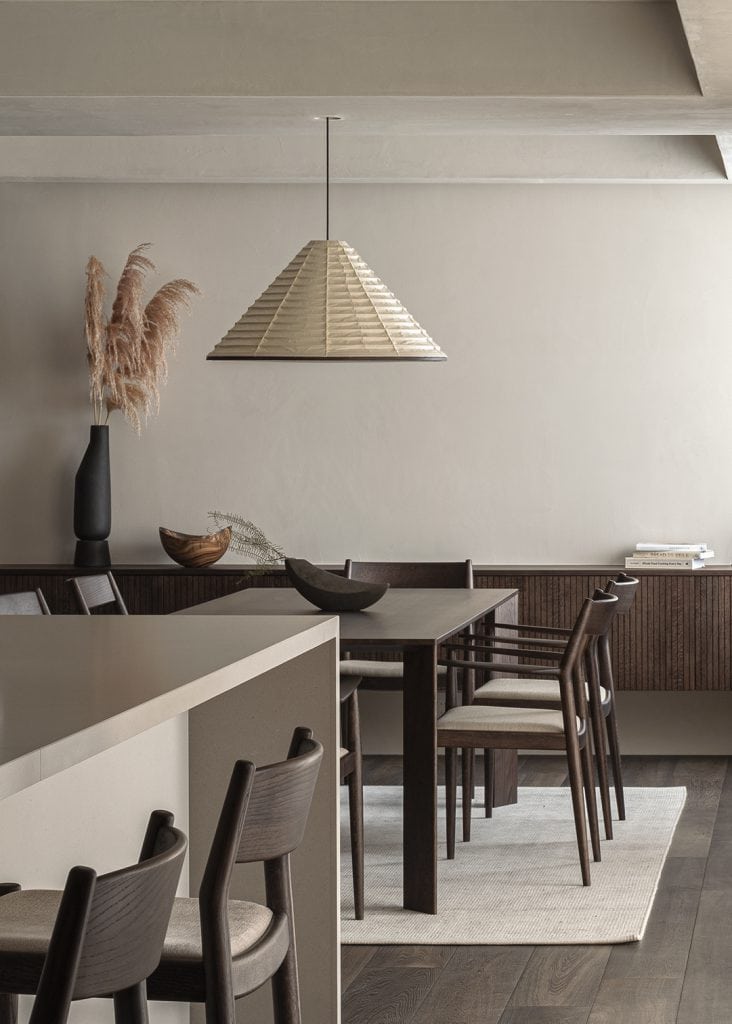
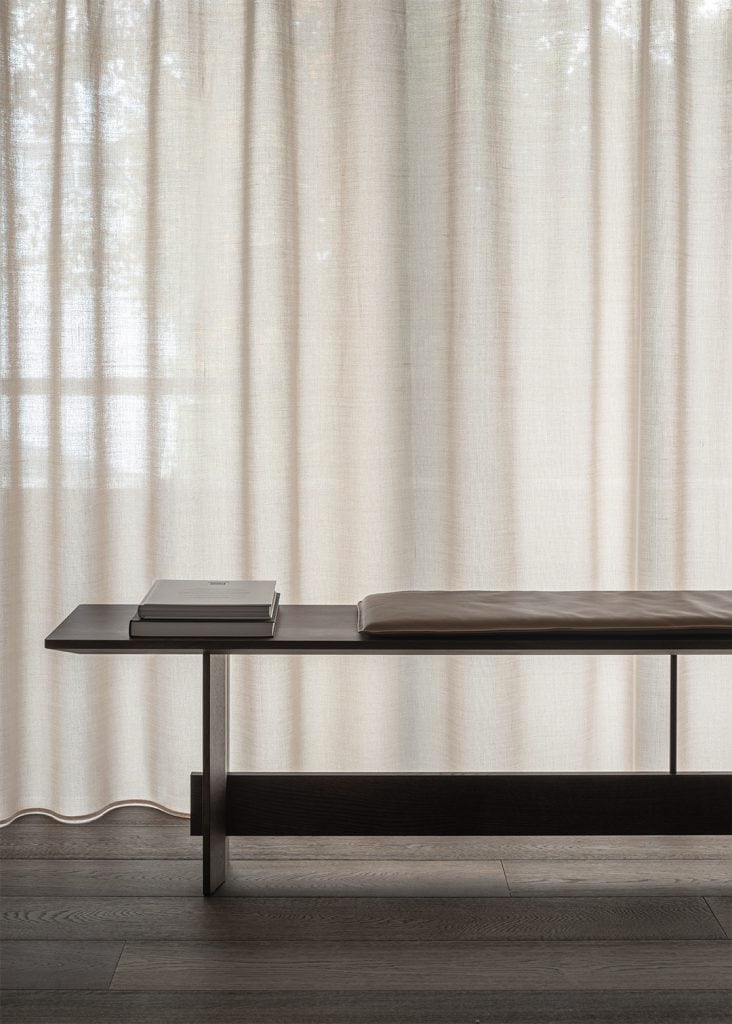
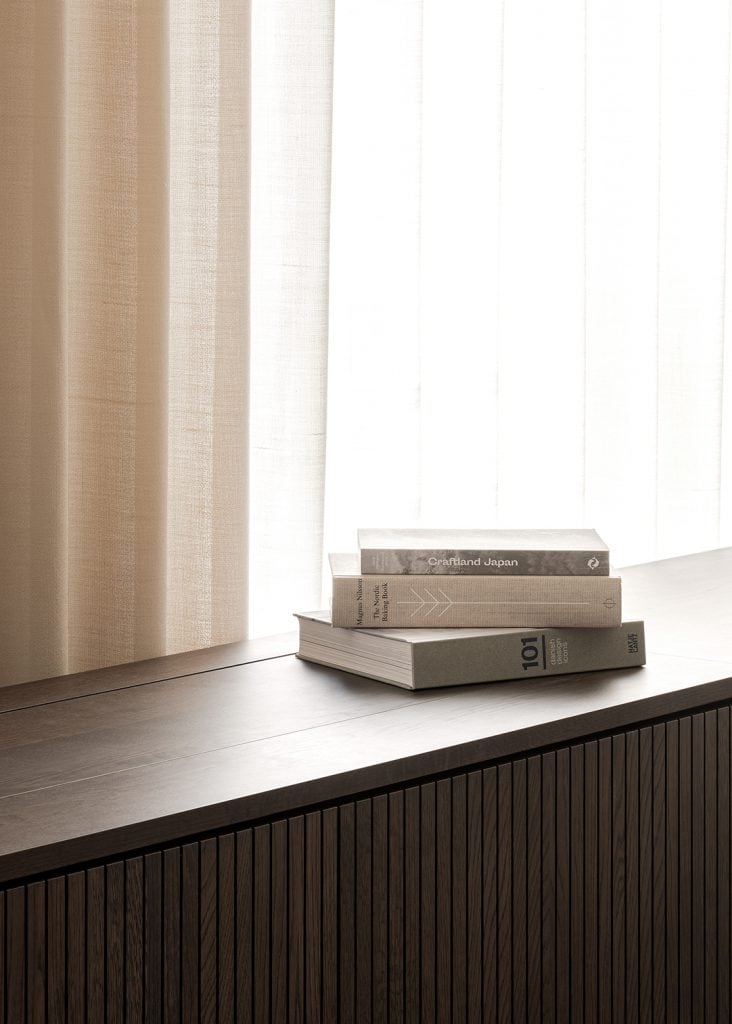
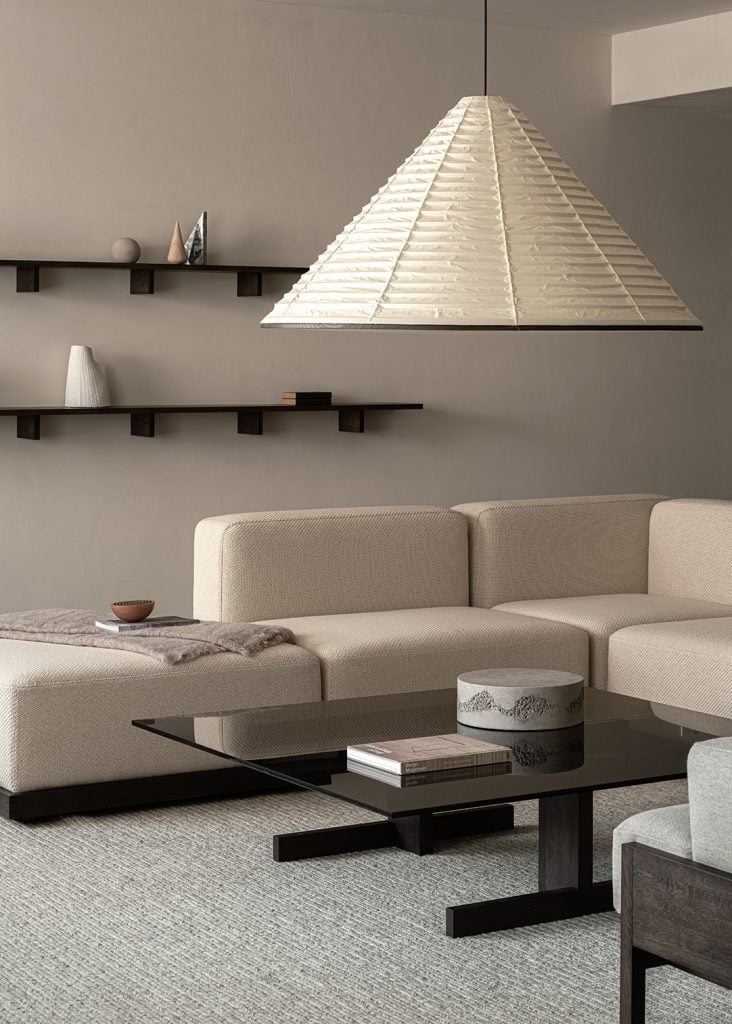
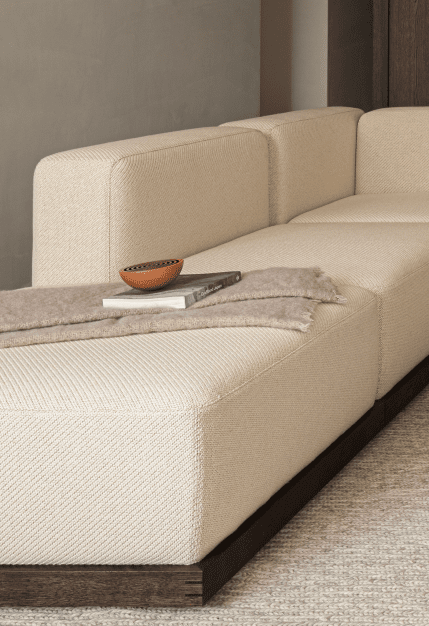
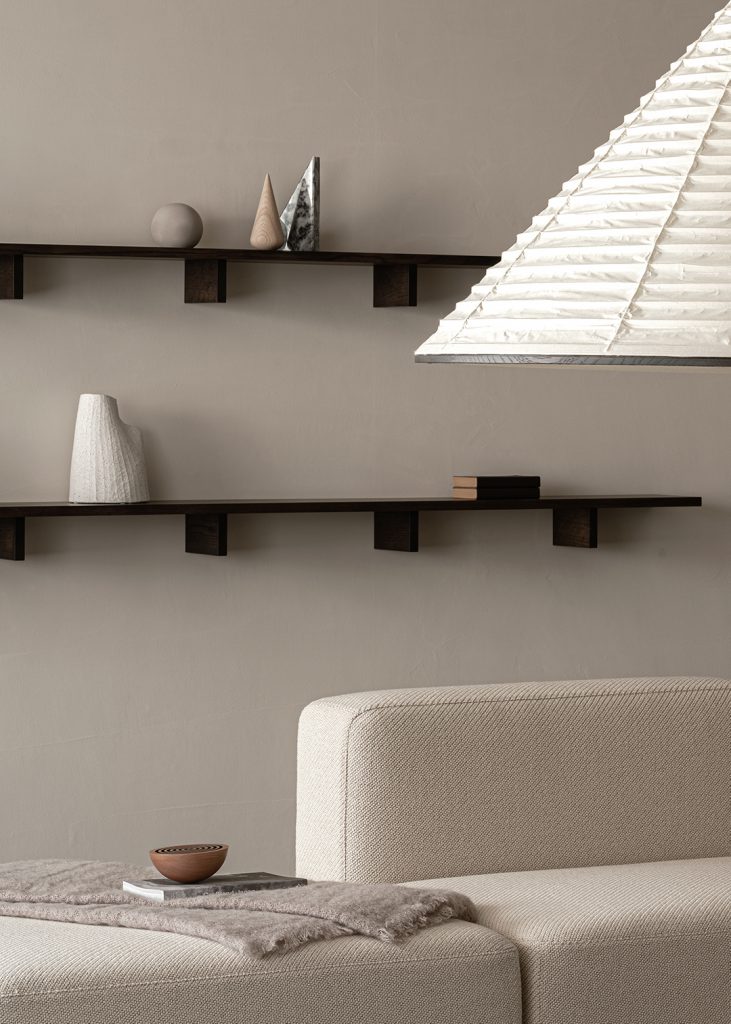
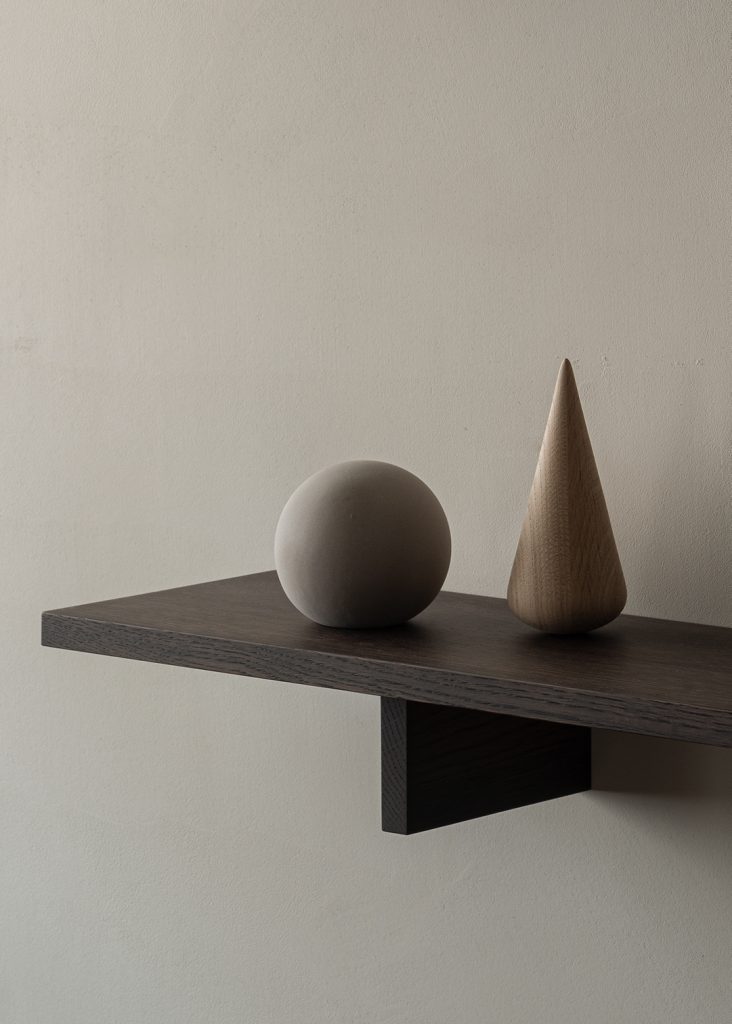
iThere are no comments
Add yours